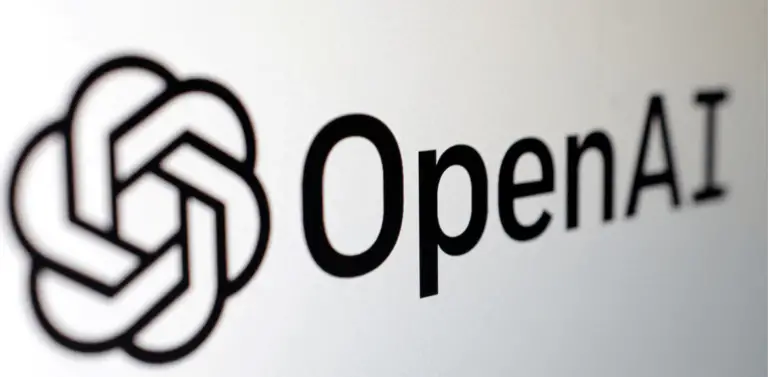
AI ‘apocalypse’ could take away almost 8 million jobs in the UK, according to report
A report warning that women, younger workers, and those on lower wages are most at risk from automation suggests that there could be a “jobs apocalypse” involving the loss of almost 8 million jobs in the United Kingdom due to artificial intelligence.
In a “worst-case scenario” for the adoption of new technologies over the next three to five years, entry-level, part-time, and administrative jobs are most vulnerable to AI replacement, according to the Institute for Public Policy Research (IPPR).
The think tank cautioned that as more businesses use generative AI technologies—which can read and create text, data, and software code—to automate routine workplace tasks, the UK was facing a “sliding doors” moment.
According to the report, employment is already in danger due to the initial wave of AI adoption as more businesses adopt the technology. But as AI develops quickly, a second wave may result in the automation of more jobs.
The IPPR found that 11% of tasks currently performed by workers were at risk after analysing 22,000 tasks in the economy that included every kind of job. However, as technologies advance to handle ever-more complex processes, this could rise to 59% of tasks in the second wave.
It claimed that regular cognitive tasks, such as scheduling, database management, and stocktaking, were already in danger of becoming obsolete and could replace entry-level and part-time positions in customer service, administration, and secretarial work.
However, the second wave of AI adoption may have an impact on non-routine tasks like database creation, copywriting, and graphic design, which would affect increasingly higher-paying jobs.
The IPPR claims that women would suffer disproportionately because “they are more likely to work in the most exposed occupations, such as secretarial and administrative occupations.”
The report states that the worst-case scenario of the second wave of AI could result in the loss of 7.9 million jobs, negating any economic benefits from increased productivity and GDP growth in three to five years.
In the best-case scenario, full implementation of generative AI could prevent job losses and boost the economy by 4%, or roughly £92 billion, annually.
The left-leaning think tank raised concerns about the effects on workers and stated that government intervention could help stop a “jobs apocalypse” and use AI to increase economic growth and standard of living.
Senior economist at IPPR Carsten Jung stated: “Generative AI as it currently exists could significantly boost economic growth or cause a major disruption in the labour market. In either case, millions of us are going to experience a game-changing event.
However, the government, employers, and unions have the chance to make important design choices now that guarantee we manage this new technology well. As such, technology is not destiny, and the end of the employment market is not inevitable. If they don’t act swiftly, it might be too late.


